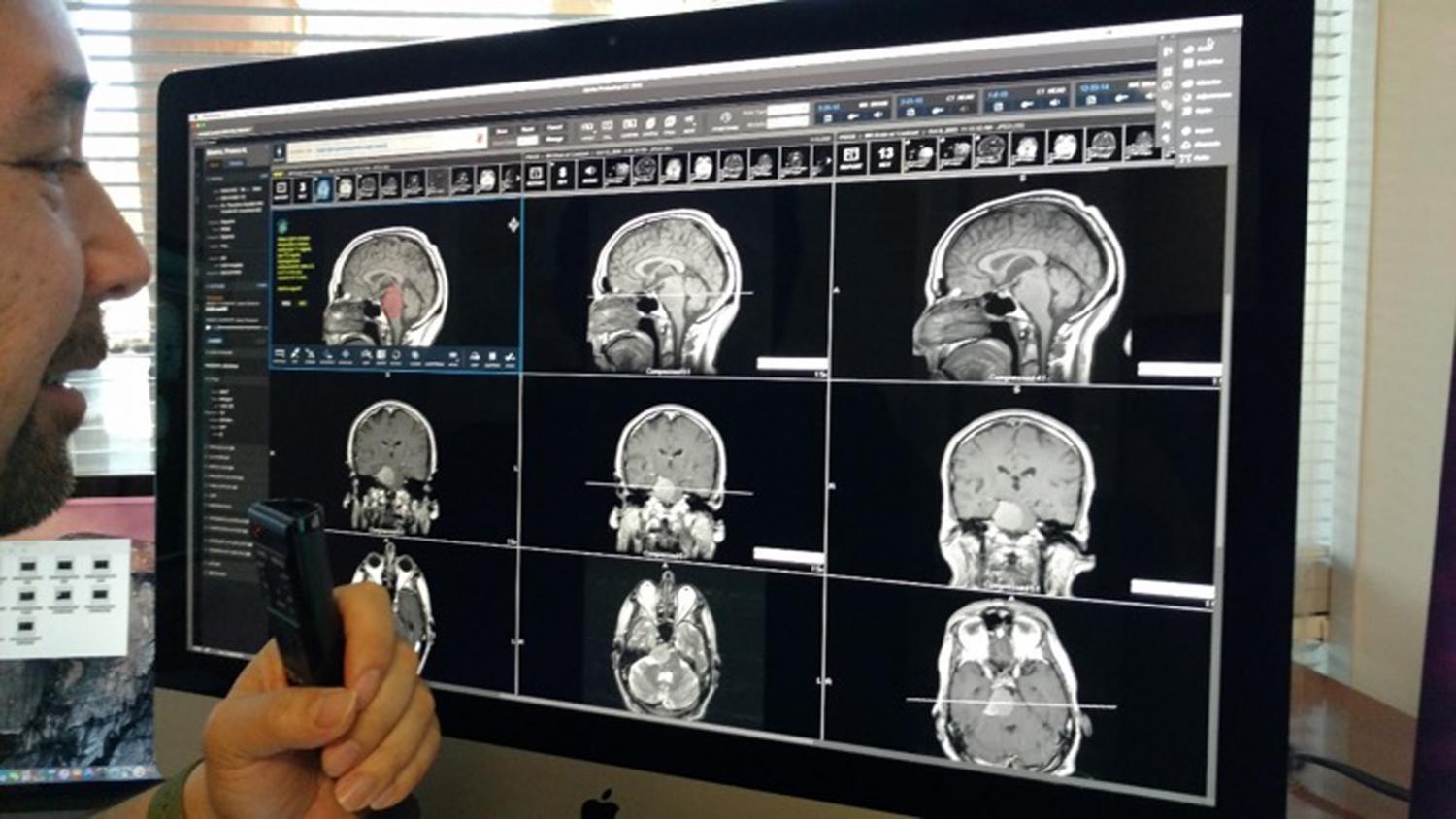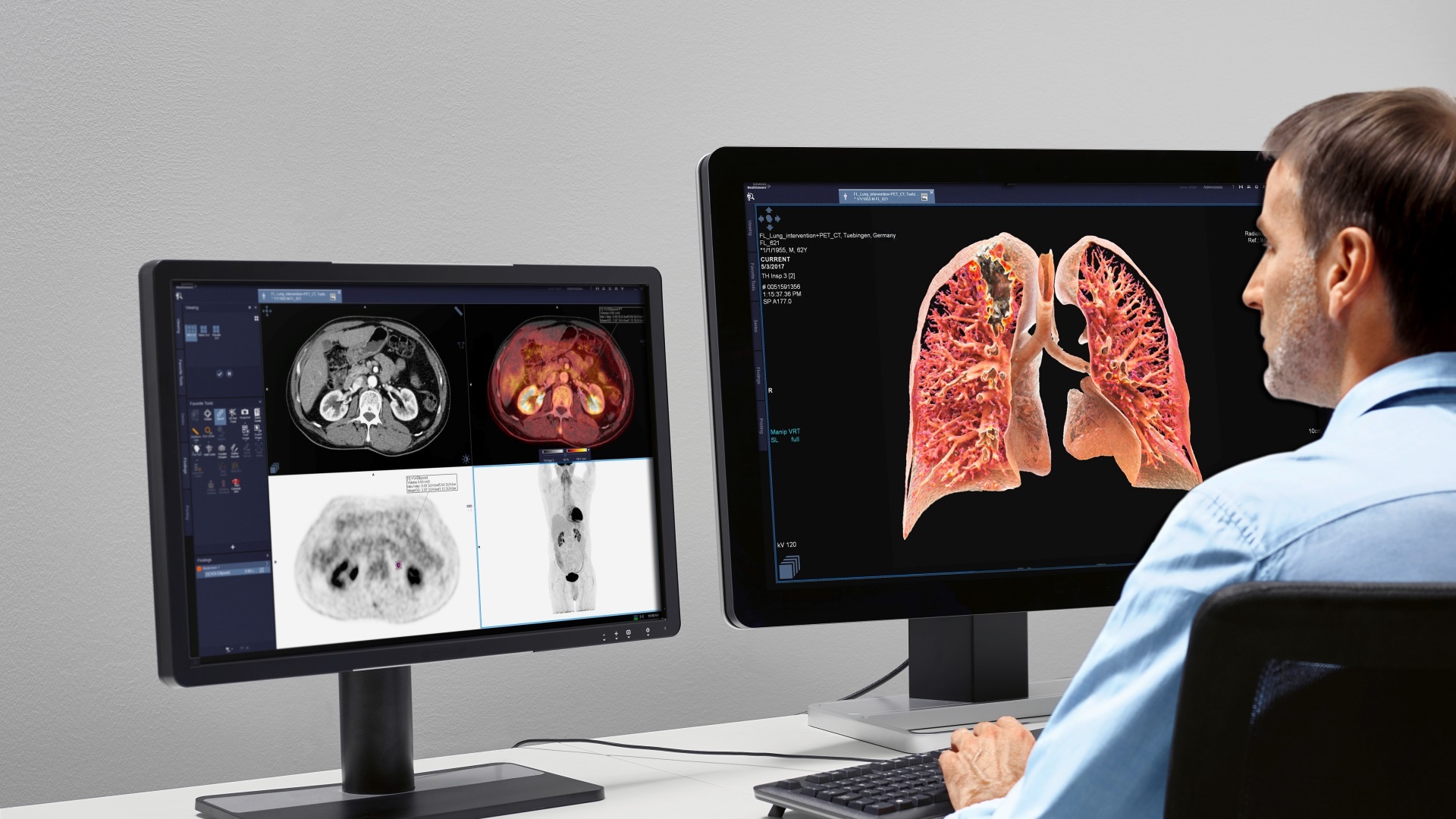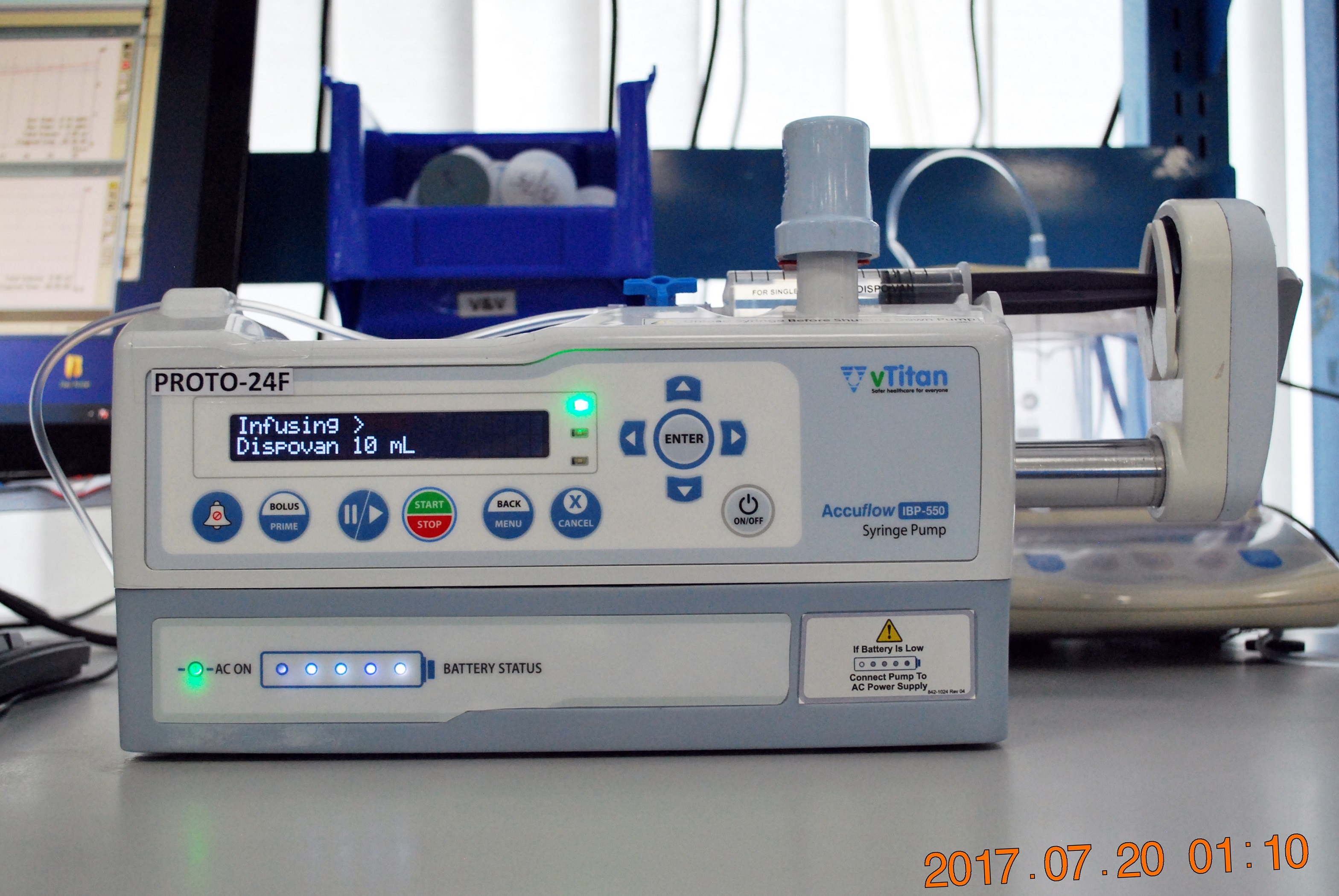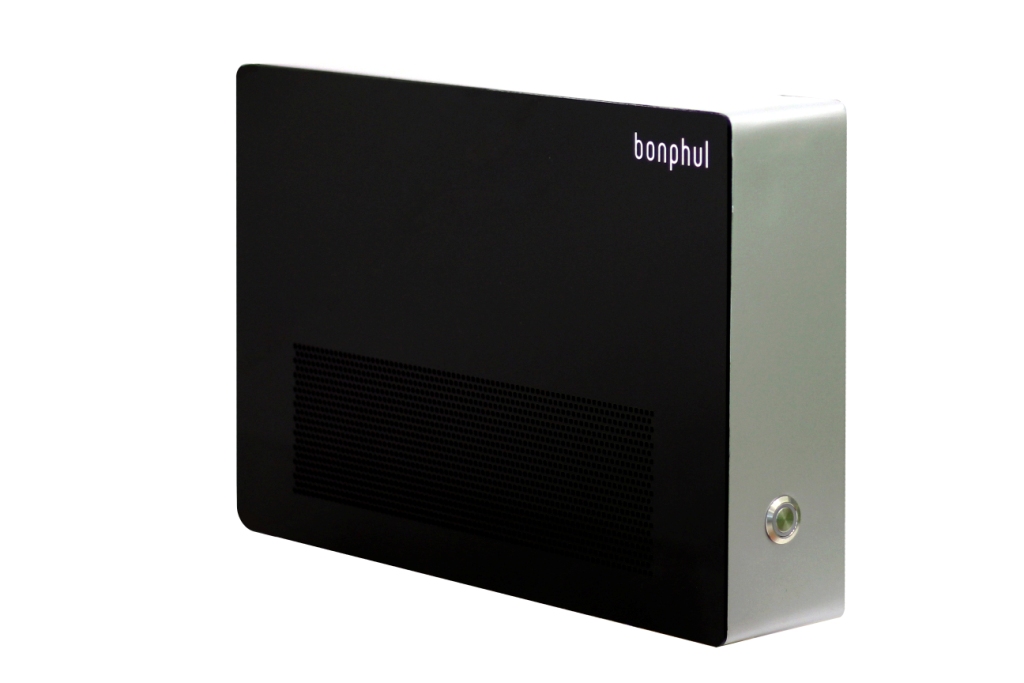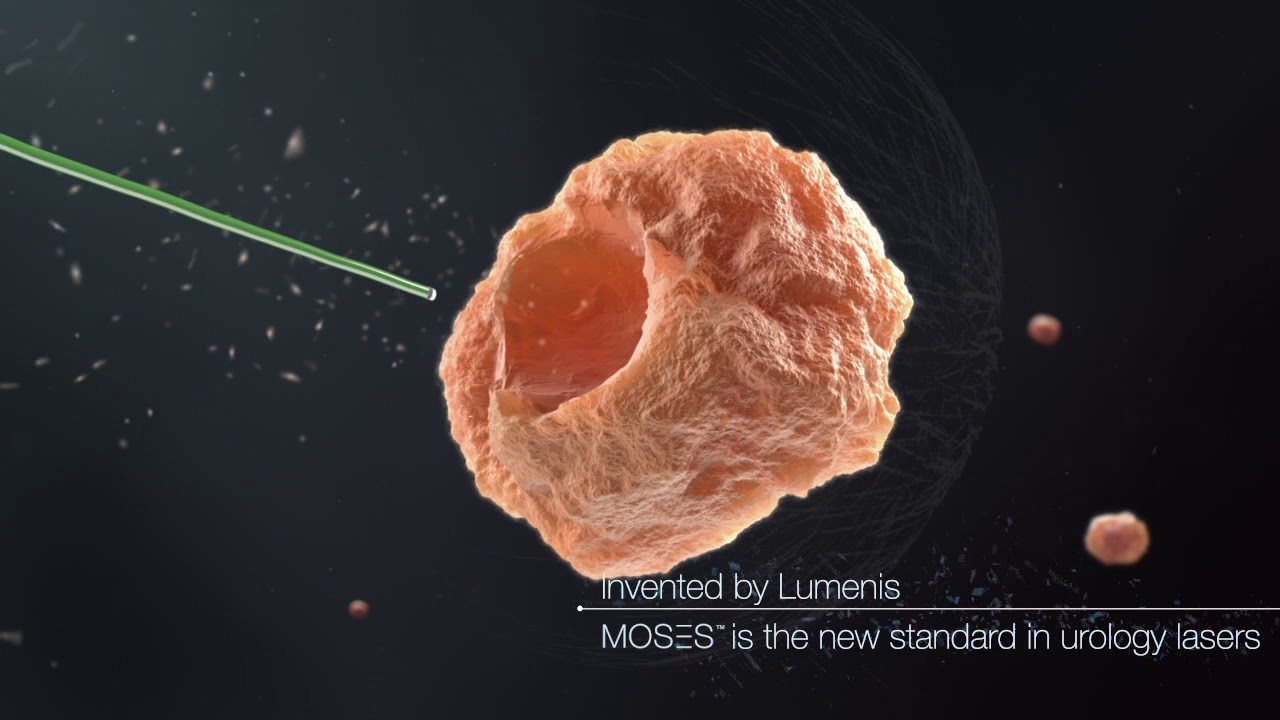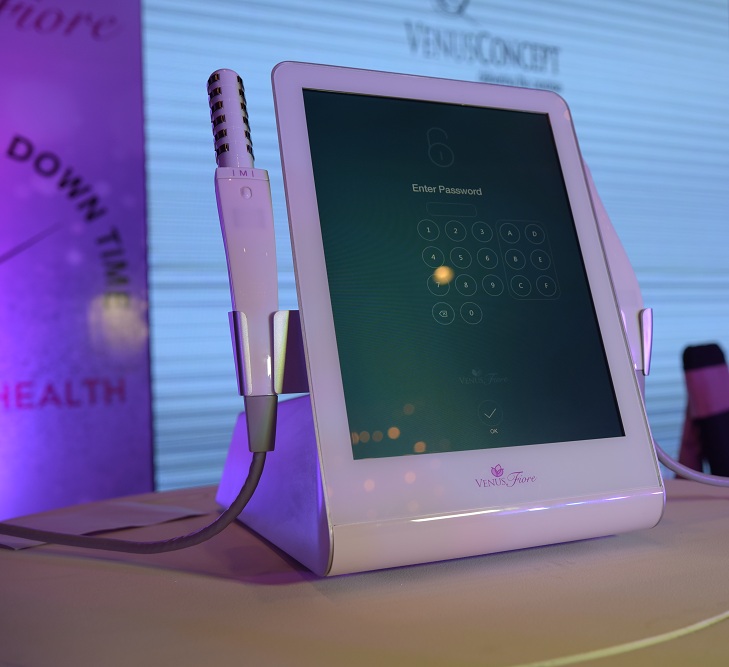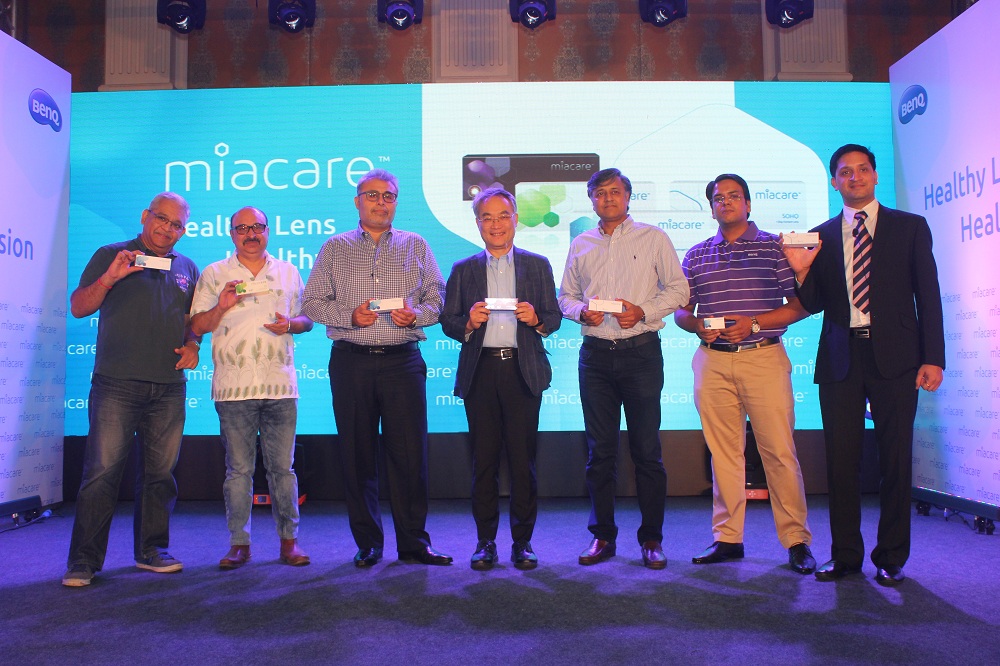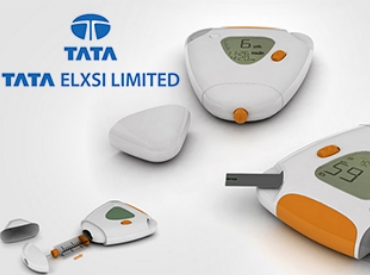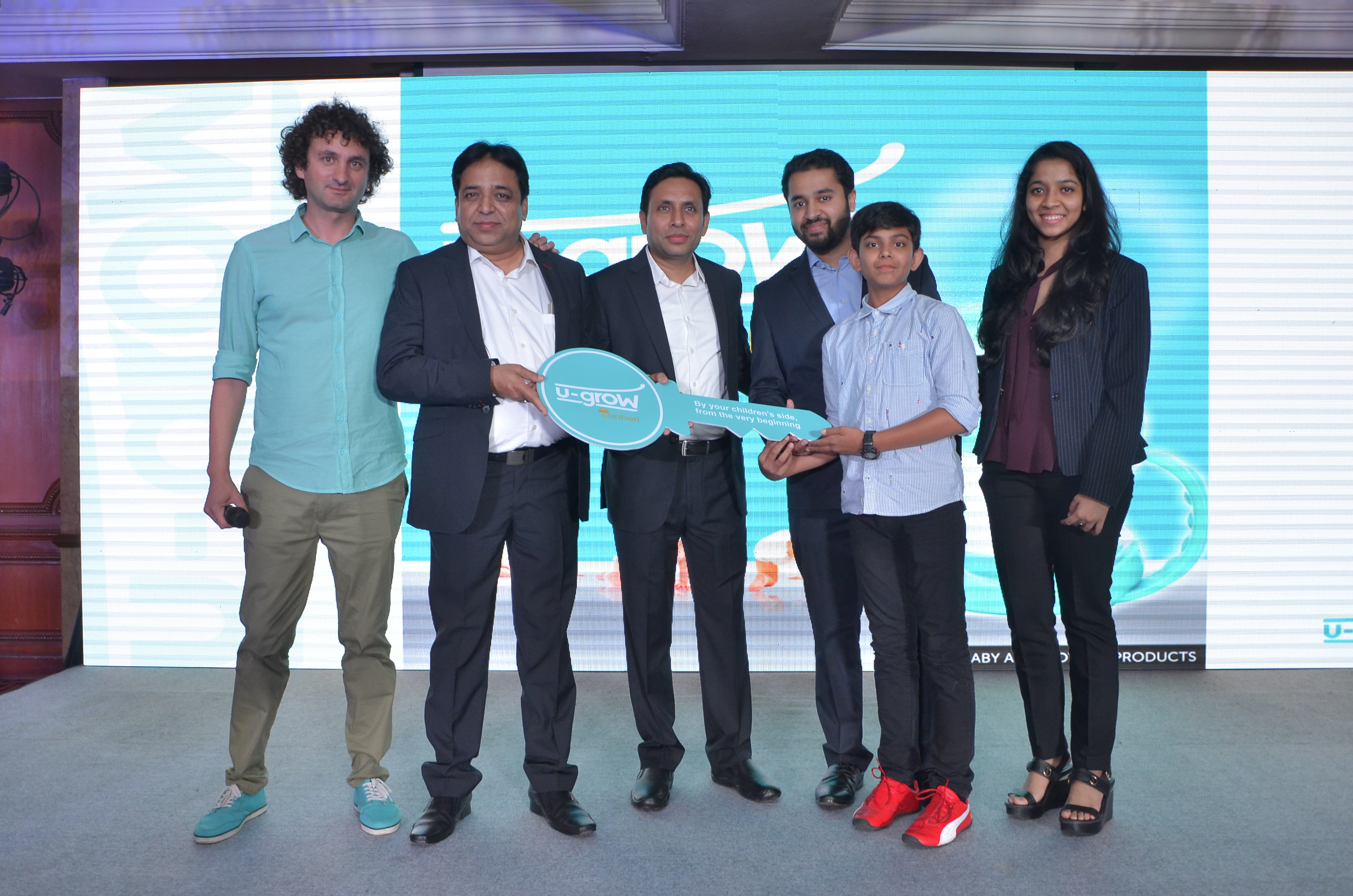Creation of Northwestern University researchers, a new colon cancer screening technique trials show that it has enough sensitivity which has more potential of being successful than a colonoscopy in screening colon cancer. Low-coherence enhanced backscattering (LEBS) spectroscopy, an optical technology, is being used in the technique to analyze tissue samples taken from the base of the rectum. Light shines on the tissue, scatters, and some of that light bounces back to sensors in the probe. The patterns created by the scattering light is analyzed by the computer, that tries to identify ‘fingerprint’ of carcinogenesis in the nanoarchitecture of the cells.
McCormick School of Engineering and Applied Science researchers led by Professor Vadim Backman, obtained biopsies from patients undergoing colonoscopies and found that LEBS could detect the presence of growths elsewhere in the colon even though it just analyzed tissue from the base of the rectum. The study was funded by the National Institutes of Health and the National Science Foundation. The research is an action towards clinical application of the technology, since it uses tissue samples near the location where doctors may ultimately use a probe to test technology. It was proved through this study that this type of analysis can be done in form of a minimally intrusive colon cancer screening technique. For multi-centre clinical validation, further studies with a compatible fiber optic probe are also under way.

Be a part of Elets Collaborative Initiatives. Join Us for Upcoming Events and explore business opportunities. Like us on Facebook , connect with us on LinkedIn and follow us on Twitter , Instagram.


